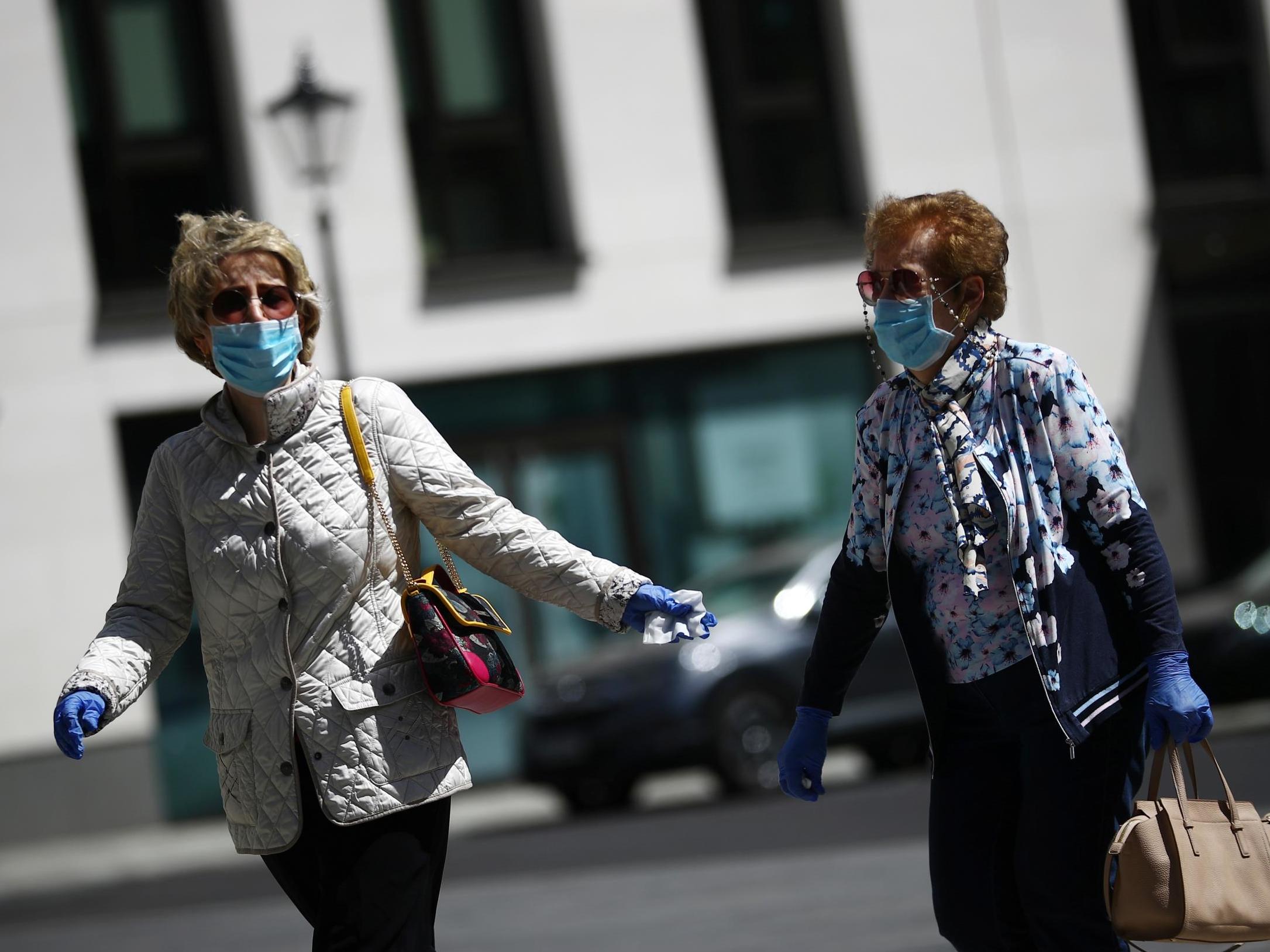A coronavirus inquiry needs to happen now before a second wave of infections this winter
We desperately need to use this time to learn lessons from international experience as well as from the UK’s failures if we are to save lives, says Sarah Wollaston


In the absence of any leadership from the prime minister, Public Health England tweeted a timely reminder of his own rules following Dominic Cummings’s press conference: “No one in your household should leave home if any one person has symptoms.”
Boris Johnson has effectively declared an end to lockdown this week by fatally undermining it and making it unenforceable. What do contact tracers or police say to others who decide to “act on their instincts” and knowingly take a deadly pneumonia-inducing virus to another part of the country?
We have already suffered the highest number of coronavirus fatalities in Europe, and excess deaths are now running above 54,000, far higher than the official toll. A deadly second wave now looks inevitable.
We desperately need to use this time to learn lessons from international experience as well as from the UK’s failures if we are to save lives.
Many will remember a time when senior ministers took to the airwaves to reassure the British public that there was nothing to fear. The UK was “well prepared” to tackle any outbreak in the UK with our NHS, science and infrastructure ready snap into action if and when Covid-19 were to spread in the UK. Clearly this was untrue. Compared to many other countries, the UK was slow to lock down and wasted precious time pursuing a strategy of “herd immunity”. The WHO’s advice to prioritise testing was ignored and contact tracing was abandoned. The public deserve to know to what extent this was driven by inadequate preparation for a pandemic, including the fragmentation and underfunding of public health since the Health and Social Care Act 2012.
When the crisis intensified, frontline NHS and care staff were asked to tackle the worst health crisis in their lifetimes without being able to access adequate PPE. Whatever the rhetoric, there was no “protective ring” around care homes.
There is still much to learn about this deadly virus and there is no guarantee of an effective vaccine. It has cruelly deepened health inequalities and particularly hit Bame and disadvantaged communities. A second wave of infection will also have profound implications for the ever rising numbers of people with other urgent health conditions that cannot access investigations or treatment.
There is no room for complacency which is why a growing number of scientists and healthcare professionals are calling for an immediate independent public inquiry. Over 100,000 people across the country have joined them in signing the petition from March for Change.
As the public’s confidence in the government’s approach to tackling the virus continues to slump, transparency and honesty will be key to restoring trust. Pressure is building for the prime minister to agree to an open and constructive approach to this.
Full public inquiries however are complex and may take years to reach conclusions. We do not have the luxury of time, so we should also look at other models.
One good example would be the parliamentary commission on banking standards, which was set up in the wake of the shocking failings and malpractice exposed by the last financial crisis and Libor scandal. The commission was in effect a special cross-party select committee appointed by, and with members from, both houses of parliament. It was able to appoint specialist advisors and counsel to help in the examination of witnesses, the first use of counsel by a parliamentary committee as part of a major public policy inquiry. It took evidence in public and it worked with a clear sense of purpose in a consensual cross party manner.
The commission set up a number of specialist panels to examine different aspects of the crisis and this would also be essential for any commission examining the handling of the coronavirus pandemic in order to make future recommendations in a shorter time frame than a conventional public inquiry.
The commission on banking standards made over 100 recommendations in four broad themes for legislative and other action, many of which were accepted and taken forward. It helped to have cross-party support from the outset as well as parliamentarians from both houses to champion and follow up on proposed reforms.
We owe it to the bereaved, to key workers and to all those at risk in the future to do everything in our power to improve our response ahead of any second wave. We should not wait for that wave to crash into us or to just seek answers in its wake. Unfortunately, at Wednesday’s Liaison Committee meeting, the prime minister continued to put the career of his closest adviser before the needs of protecting public health.
Dr Sarah Wollaston is a GP, the former MP for Totnes and the former chair of the Health and Social Care Select Committee
Join our commenting forum
Join thought-provoking conversations, follow other Independent readers and see their replies
Comments
Bookmark popover
Removed from bookmarks